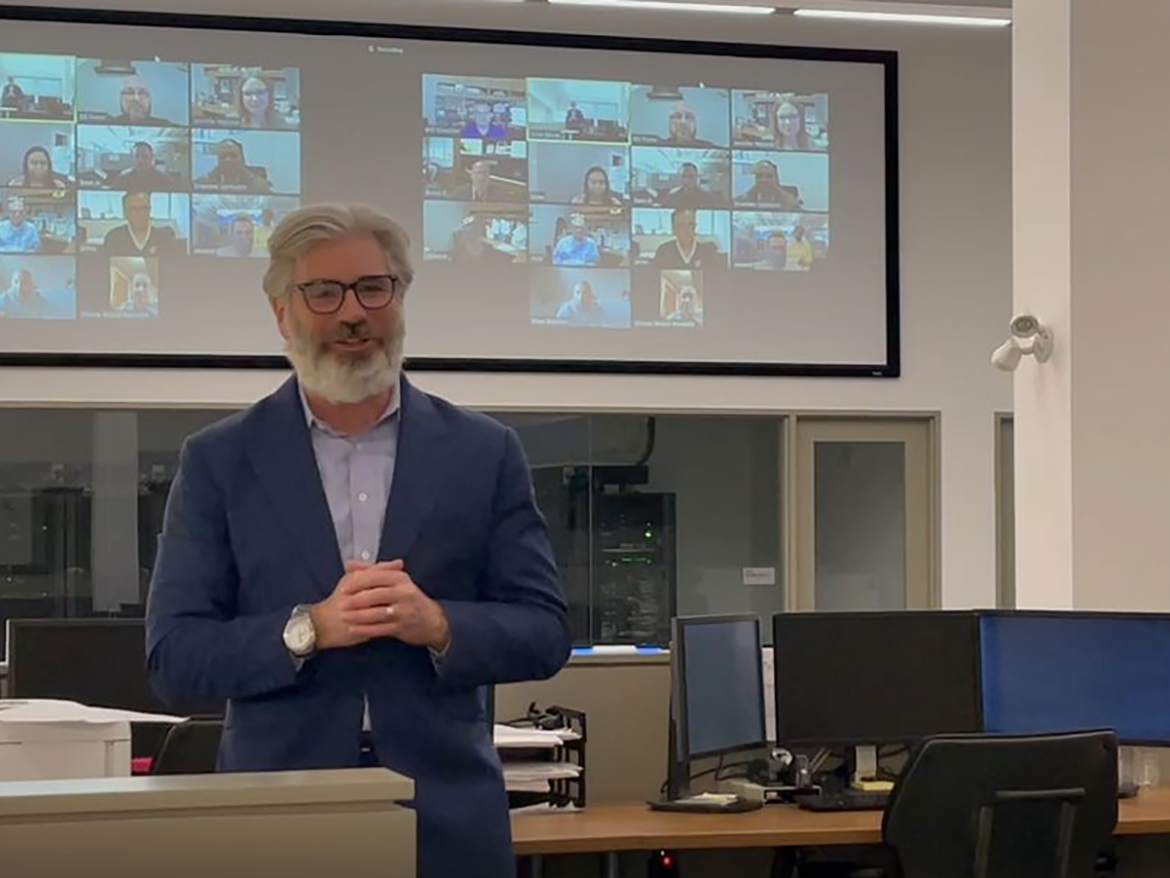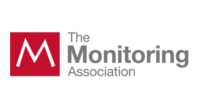Monitoring Center of the Year (SMB)
As CEO of Universal Atlantic Systems, Scott Elkins doesn’t believe that other monitoring centers are competition. Rather, they serve as inspiration.
“The minute you stop learning is the minute you’re really stifling your organization’s success and your organization’s growth,” he says “By learning what some people are doing, I don’t believe in any way, shape or form that it negatively impacts our company or theirs. I think it has the ability to raise both.”
With an “always learning” mindset, UAS proves that local stations can do big things with its first time win in the new Monitoring Center of the Year (SMB) category.
This democratic approach to learning starts in the central station. Dispatchers have access to UAS’ Central Station Wiki, which is a depository of central station knowledge, including panel programming manuals, alarm handling instructions, raw data guides, receiver information, training videos and weekly training tips.
Ongoing training initiatives include various contests, where dispatchers are presented with situations like, “What does this raw data code mean?” and “Fix this account.” The contests allow UAS to gauge trainee knowledge in a fun, creative way while preparing them for emergencies.
“During emergencies, this is the type of thing that you need your dispatchers to do,” Elkins says. “We make sure to not only provide that training, but also make it fun.”
The company utilizes technology to reduce false alarms, but for accounts that have a high number of false activations, UAS assigns an employee to reach out to each account and talk to the customer about how they can collectively reduce alarm counts.
“All the technology in this industry is great, and it works tremendously well in reducing false alarms,” Elkins says. “But there’s nothing quite as impactful as a phone call from someone at UAS directly saying to a customer, ‘I understand that you’ve had false activations, let’s figure out why those activations are happening.’”
With commercial customers making up 99 percent of UAS’ customer base, taking that time to reach out to a customer is important, since there’s constant training and refreshing of information due to new management and employees.
“It's simply a commitment to maintaining that level of interaction with our customers and making sure their needs are met,” he says.
The company completely revamped its disaster plan in 2020. In order to comply with work-from-home standards set by UL, every dispatcher was equipped with a laptop, monitors, phone and a secure VPN in their homes. UAS was one of the first companies to have been part of the remote UL audit, and was asked to give the auditor feedback on the process to help other central stations with their work-from-home transition.
In fact, weeks before a state of emergency was declared in Pennsylvania, UAS was already transitioning its employees to working from home.
Although some in the industry would say the work-from-home transition was a challenge, Elkins saw it as a learning opportunity.
“The entire industry had an opportunity to go learn in real time,” Elkins says. “We had an opportunity to use the UAS core value, which is simply operating with maximum integrity across all of our constituents, our employees, our customers and the extended UAS family. We made sure during the pandemic that we took care of all of our employees.”
That philosophy was already embedded in the company culture. When employees start working at UAS, they’re immediately engaged in a variety of events at the company. And, according to Elkins, that doesn’t stop when first shift ends.
“We make sure that the second shift and third shift get to participate in [company celebrations],” he says. “It’s very important to make sure that a third shift dispatcher has as close to a UAS experience as a first shift dispatcher, or really anybody in the company.”
Prior to the COVID-19 pandemic, UAS allowed its employees to volunteer during work hours, allowing eight hours of paid time when volunteering for local organizations like the Friends Association for Care and Protection of Children, Safe Harbor of Chester County, and Meals on Wheels of Chester County.
The initiative was incredibly popular among employees, with a significant percentage of staff taking part.
“It helps to keep that institutional value passed down from longer tenured employees to newer [employees],” Elkins says.
According to Elkins, the personal and professional growth at UAS gives its employees something more than clock-in, clock-out employment.
“We say here at UAS, ‘While UAS may not be a great place for a job, it’s a terrific place for a career,’” he says. “If you come to UAS as a dispatcher, you can walk throughout the rest of the building … and see 100-plus other employees, many of which actually started in the monitoring center.”
Learn About Monitoring Center of the Year (SMB) Finalists
Engineering Protection Systems (EPS), Grand Rapids, Mich., takes a comprehensive approach to training, promoting confidence by having new operators serve as apprentices to the training operator or supervisor. EPS has an open-door policy with local police, fire, rescue and 911 personnel. Recently, they hosted the Grand Rapids fire department to help them silence and clear alarms. EPS is also involved with the local organization Kids Food Basket, which provides sack lunches to children in local school districts.
Wayne Alarm, Lynn, Mass., provides ongoing training and development to its central station employees, including a mentoring program. The company holds monthly community service days, frequently works with the Red Cross and holds company food and clothing drives. Its building houses the region’s fire and EMS dispatch center. To maintain regular communications with customers and dealers, the marketing department sends weekly and monthly newsletters.
IMAGES COURTESY OF UNIVERSAL ATLANTIC SYSTEMS



